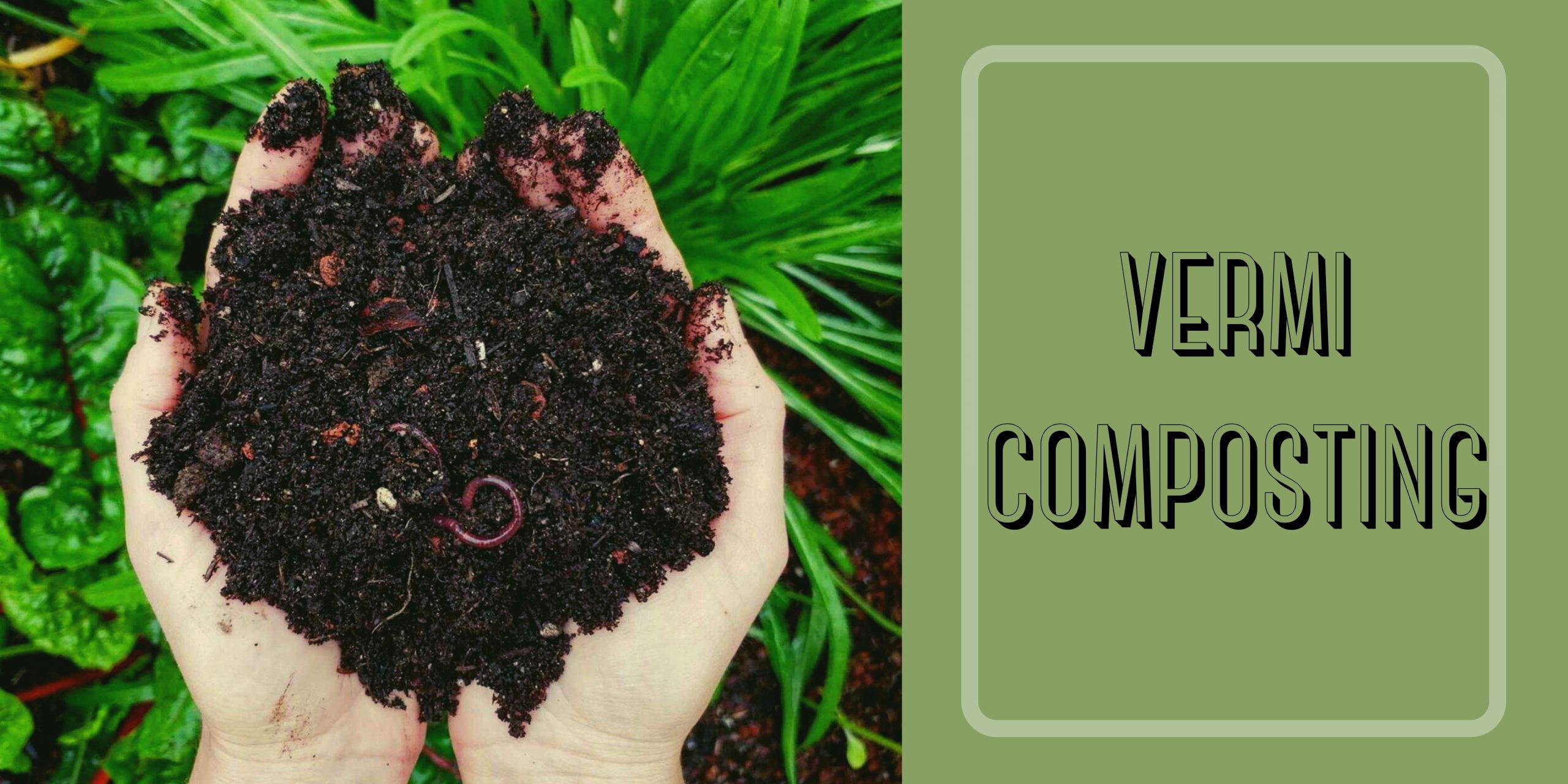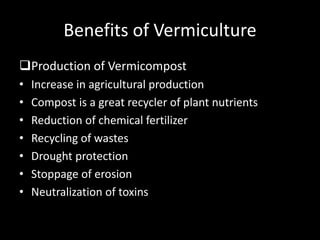Red Wiggler Express Can Be Fun For Everyone
Table of ContentsRed Wiggler Express Fundamentals ExplainedThe Red Wiggler Express StatementsThe Ultimate Guide To Red Wiggler ExpressRed Wiggler Express - The FactsRed Wiggler Express for Beginners

If you're at all in tune to the agricultural information of late, you're well mindful that soil health and wellness is in decrease all over the globe a concern that is having a devastating effect on our food systems. The response to this global trouble? Worms.
Some start vermicomposting as a hobby and scale up, whereas others have the purpose right from the start to create a profit-making business. They may be farmers, community garden volunteers, entrepreneurs, landscapers, greenhouse growers, or staff at establishments that generate food waste.
Some Known Details About Red Wiggler Express
One of one of the most usual factors for venturing into commercial vermicomposting is the need to reuse organic waste right into products that boost dirt and plant health and wellness. Soil wellness has actually recently come to be a vital global issue. The United Nations Food and Agriculture Company stated 2015 the International Year of Dirts to boost awareness of dirt's function in food safety and security and healthy and balanced environment function.

In the interior of a garbage dump, natural products damage down in an anaerobic setting and launch methane, a greenhouse gas that is 25 times more potent than carbon dioxide (Gardening). A much better option to landfilling food waste and various other organic products is to vermicompost them. What was when taken into consideration waste can be changed right into beneficial items that nurture dirts and plants
What Does Red Wiggler Express Mean?
For the past 25 years in loads of files, publication phases, and meetings, I have referred to the finished product of vermicomposting as vermicompost. This term is often made use of to determine the mixture of earthworm spreadings (feces) and leftover bed linen and feedstock (organic material) that is collected from worm beds.
After considerable thought, I decided to use the term vermicast throughout this publication, for two vital reasons. One is since lots of people make use of the terms garden compost and vermicompost interchangeably, not realizing that completion product of vermicomposting is qualitatively various from compost. I believe it would profit the vermicomposting industry to distance itself from the term garden compost in describing its products.
Composting is the controlled procedure of converting natural materials right into a beneficial dirt amendment under cardiovascular conditions using naturally generated warm. In contrast, a vermicomposting stack or worm bin need to be preserved so that it does not warm up. In a compost pile the kinds and quantities of types of microorganisms transform when the pile gets to thermophilic temperatures of 106F (41C) or greater.
The 8-Minute Rule for Red Wiggler Express
The bottom line delineating the difference in between compost and vermicast, however, (https://penzu.com/p/a66515c652b3f93c) is that the latter go to the website has travelled through earthworms. Therefore, vermicomposting is much more comparable to livestock manufacturing than to composting; it calls for pet husbandry abilities to effectively care for the worms. A 2nd factor to use the term vermicast is to prevent item labeling that can be perplexing to customers.
Imaginative Commons. Worm spreading is the last item of worm food digestion and can be just known as worm manure. It is abundant in raw material and beneficial bacteria that produce and aid your yard. Study conducted by Teacher Arancon from the College of Hawaii at Hilo has actually shown that making use of earthworm dirt changes boosts the growth, flowering, and yield of plants such as bell peppers, strawberries, and grapes.
Sustainable horticulture is exercised when no-cost or affordable modifications such as the use of worm casting from vermicomposting is included. Accumulated raw material in vermicompost bins. Image by Maggie Chen. Worms play this indispensable function in the vermicomposting procedure and likewise in mitigating the results of environment change. Landfill gas (LFG) is given off as a natural byproduct of organic material decay, such as food waste disintegrating in garbage dumps.
In the previous two hundred years after the Industrial Revolution, methane concentrations within the ambience have more than increased due in big part to anthropogenic human-related activities (Vermicompost). Around 50 percent of LFG launched from landfills is co2 et cetera is a small percent of non-methane natural compounds. Methane is a potent greenhouse gas that continues to be in the environment for a much shorter time in comparison to carbon dioxide but both are released in the environment in huge amounts from varying resources among which is natural material decay from garbage dumps
The Definitive Guide to Red Wiggler Express

Is there a food waste or vermicomposting system on your local campus? It is seen that long-term and impactful activities on a system broad range can begin with a solitary little worm. Worms may be commonly related to this gory and spooky season, yet when considering the interconnected influence of the vermicomposting procedure (on boosting soil health and wellness and plant development in your yard, reduce climate adjustment, and encouraging trainees) offer some recognition to the abundant advantages that worms give.